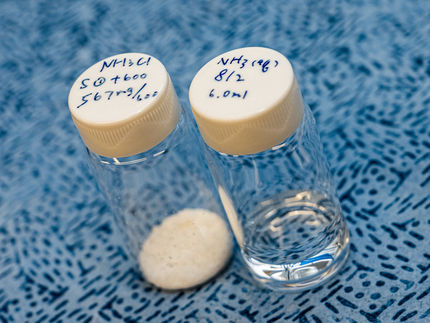Scientists develop a method to turn hazardous acidic industrial wastewater into valuable resources
The process reducing the volume of wastewater by 90%
Advertisement
A research team of Ben-Gurion University of the Negev environmental scientists has developed a circular process for eliminating the risk posed by phosphoric acid plant wastewater. The process turns the environmentally toxic wastewater into clean water while recovering valuable acids. Phosphoric acid is the main ingredient in industrial fertilizers, a massive industry worldwide.

Symbolic image
Unsplash
Their method was just published in ACS Sustainable Chemistry and Engineering. Lior Monat, a PhD student in Dr. Oded Nir's lab led the research under his supervision.
"Phosphoric acid production generates a lot of industrial wastewater that cannot be treated efficiently because of its low pH and high precipitation potential," explains Dr. Oded Nir, the co-lead researcher, "Today, the wastewater is usually stored in evaporation ponds. However, these are prone to breaches, leakage, and flooding. Only a few years ago, an ecological disaster in Israel occurred when millions of cubic meters of this acidic wastewater were flushed down a creek. Conventional treatment processes run into difficulties dealing with the acidity, salinity, and hardness of the wastewater. Therefore, we developed an alternative three-step process for the treatment of phosphoric acid wastewater comprised of selective electrodialysis, reverse osmosis, and neutralization."
The team evaluated the method with synthetic wastewater in the lab, with positive results. The process successfully recovered clean water and phosphate while reducing the volume of wastewater by 90%. It also did not generate any appreciable mineral scaling, which could muck up the membranes.
Moreover, the power requirement for the process was also low enough it would seem that the method would be sustainable and techno-economically viable.
"This process is very promising, and we encourage industry players to examine its potential and applicability at their factories," says Dr. Roy Bernstein, co-lead researcher.
































































